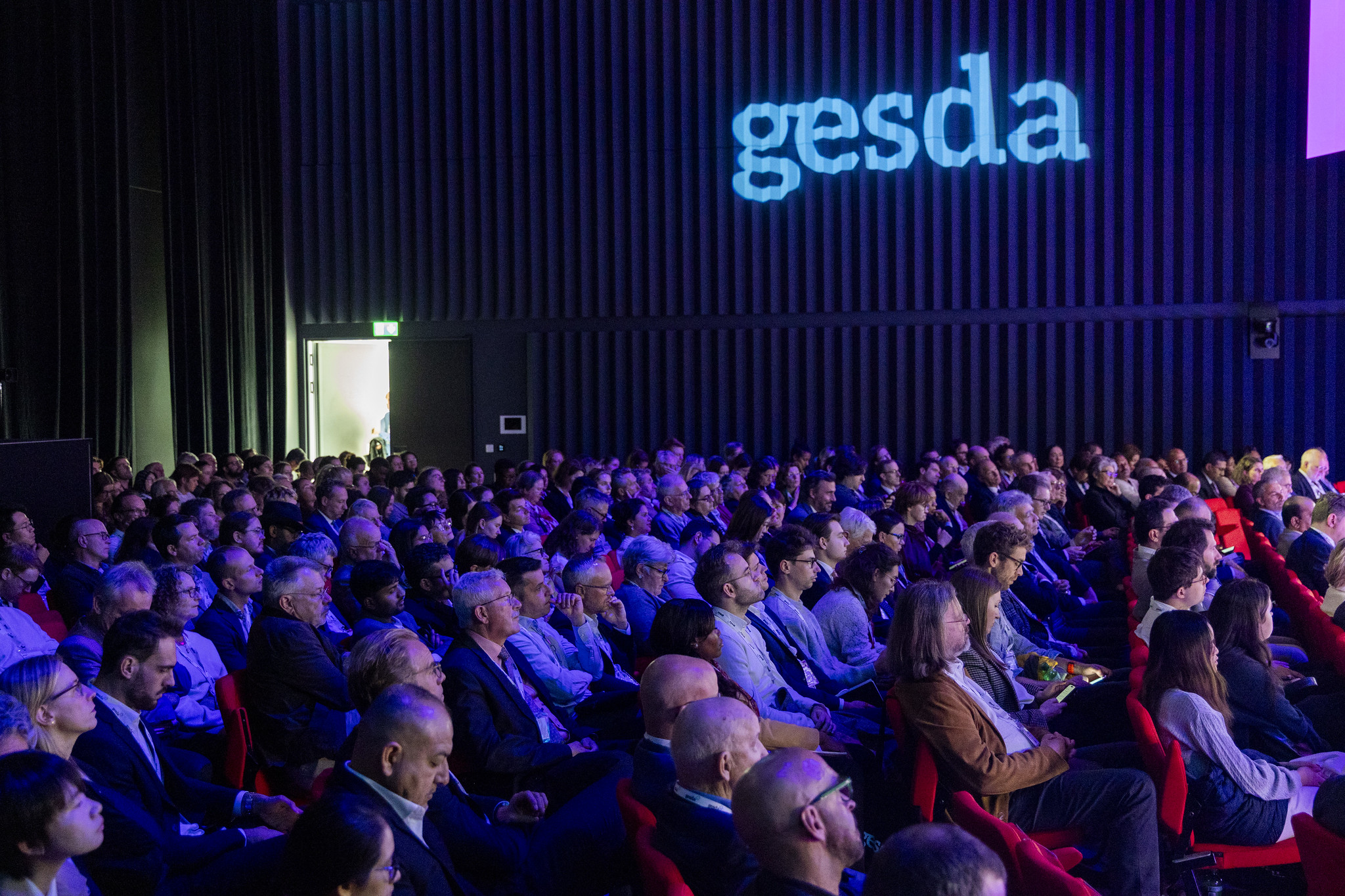In a world fractured by geopolitical tensions, GESDA unveils a new framework for anticipatory science diplomacy to ensure that scientific breakthroughs benefit all of humanity
In 2018, the world was jolted by the announcement of the first gene-edited babies, engineered using the CRISPR-Cas9 technology by a Chinese scientist. What could have been a triumph of scientific achievement became a global controversy.
Why? The scientist had altered the DNA of human embryos in a way that would not only affect the babies themselves but also be passed on to future generations — permanently. This type of genetic modification, called germline editing, raises profound ethical concerns about safety, consent, and long-term consequences. No international agreement or public debate had prepared the world for this moment. Ethics panels scrambled to respond, and governments rushed to fill the policy vacuum. But it was too late. The world was unprepared — not scientifically, not ethically, and certainly not diplomatically.
The tool behind this shock —CRISPR— had already transformed biomedical research. Though it seemed to emerge suddenly, its molecular mechanism was known for decades as a bacterial defense system. Its evolution into a gene-editing powerhouse should not have caught us off guard.
What if we had anticipated both the therapeutic potential and societal implications of CRISPR when it was still an obscure molecular curiosity, rather than reacting only after it crossed into the domain of reproduction?
Today, breakthroughs such as generative AI, brain-computer interfaces, direct-to-consumer genomics, and climate-altering technologies are leaping ahead, while our systems of global governance remain slow, fragmented, and reactive. Science has become a driver of economic power, geopolitical rivalry, and societal transformation. But diplomacy and multilateral institutions are struggling to keep pace.
A new operating system for science diplomacy
In the 20th century, science diplomacy was instrumental in advancing international cooperation — enabling climate treaties, fostering collaboration in space exploration despite geopolitical rivalries, and supporting the eradication of infectious diseases. However, the global landscape has changed. Scientific and technological breakthroughs are transforming every dimension of society, from global economic systems, energy generation and industrial processes to our social worlds, interpersonal interactions and even the ways our bodies and minds work.
It is no longer sufficient, if it ever was, for diplomacy to address advances in science and technology as they become manifest: it must begin to consider and address their consequences before these become foreseeable. This underscores the urgency to adapt and modernize the tools of diplomacy to meet the challenges of the 21st century.
At the Geneva Science and Diplomacy Anticipator Foundation (GESDA), we believe science diplomacy must evolve to meet this challenge. We call this evolution Anticipatory Science Diplomacy. GESDA adds a forward-looking, action-oriented layer to traditional science diplomacy, grounded in four core principles:
- Science anticipation: mapping breakthroughs 5, 10, and 25 years ahead.
- Honest brokering: convening diverse actors before decisions crystallize.
- Global action: testing multilateral policies through pilot projects and regulatory sandboxes.
- Capacity building: training cross-sector leaders to navigate complexity with insight and legitimacy.
This new paradigm is based on the premise that humanity can harness the full transformative potential of science only if scientific advances, their impacts, and their governance are addressed early and collectively. GESDA’s model shifts the question from “How do we respond?” to “How do we prepare —together?” It bridges silos between disciplines and sectors, bringing science to the diplomatic table before crises emerge.
From blueprint to reality: The Open Quantum Institute
This approach is already bearing fruit. The Open Quantum Institute (OQI), hosted at CERN, is GESDA’s flagship example of anticipatory science diplomacy in action.
Rather than waiting for quantum computing to upend cybersecurity or global finance, GESDA acted early and focused on the immense opportunities for quantum applications for the benefit of society. We brought together physicists, diplomats, UN agencies, and private companies to explore how quantum technologies could serve the Sustainable Development Goals. Already, OQI is working to detect water leaks in cities and accelerate antibiotic discovery. It is also helping shape quantum governance debates at the United Nations.
In a fragmented geopolitical landscape, global consensus may not always be fast or even achievable —but coalitions of the willing can act rapidly to provide blueprints for the multilateral system to adopt and scale.
A new kind of leadership for a world accelerated by science and technology
To make this future a reality, we need a new kind of leader —one who embraces uncertainty, thrives across disciplines, and converts anticipation into action.
That’s why GESDA launched its Global Curriculum for Anticipatory Leadership in 2023. The curriculum trains diplomats, scientists, business actors and citizens through scenario building, negotiation simulations, and experimental governance. Participants don’t just discuss the future —they rehearse it, prototype it, and build coalitions to shape it.
In an era of deep geopolitical divides, science remains one of the last universal bridges —a domain where shared progress is still possible. Anticipation can unlock and accelerate the potential of science and technology to benefit all of humanity, offering new modes of engagement where traditional diplomacies stall. In this way, GESDA contributes not only to bridging the gap between science and diplomacy, but also to operationalizing anticipation as a core diplomatic competency.
With the launch of our new report, Anticipatory Science Diplomacy, a framework for global action, we offer a blueprint for this transformation. One that anticipates rather than reacts, embraces complexity rather than avoids it, and extends to everyone with a stake in our shared future.
Article by Marga Gual Soler, PhD – Head of Science Diplomacy Capacity Building, GESDA











